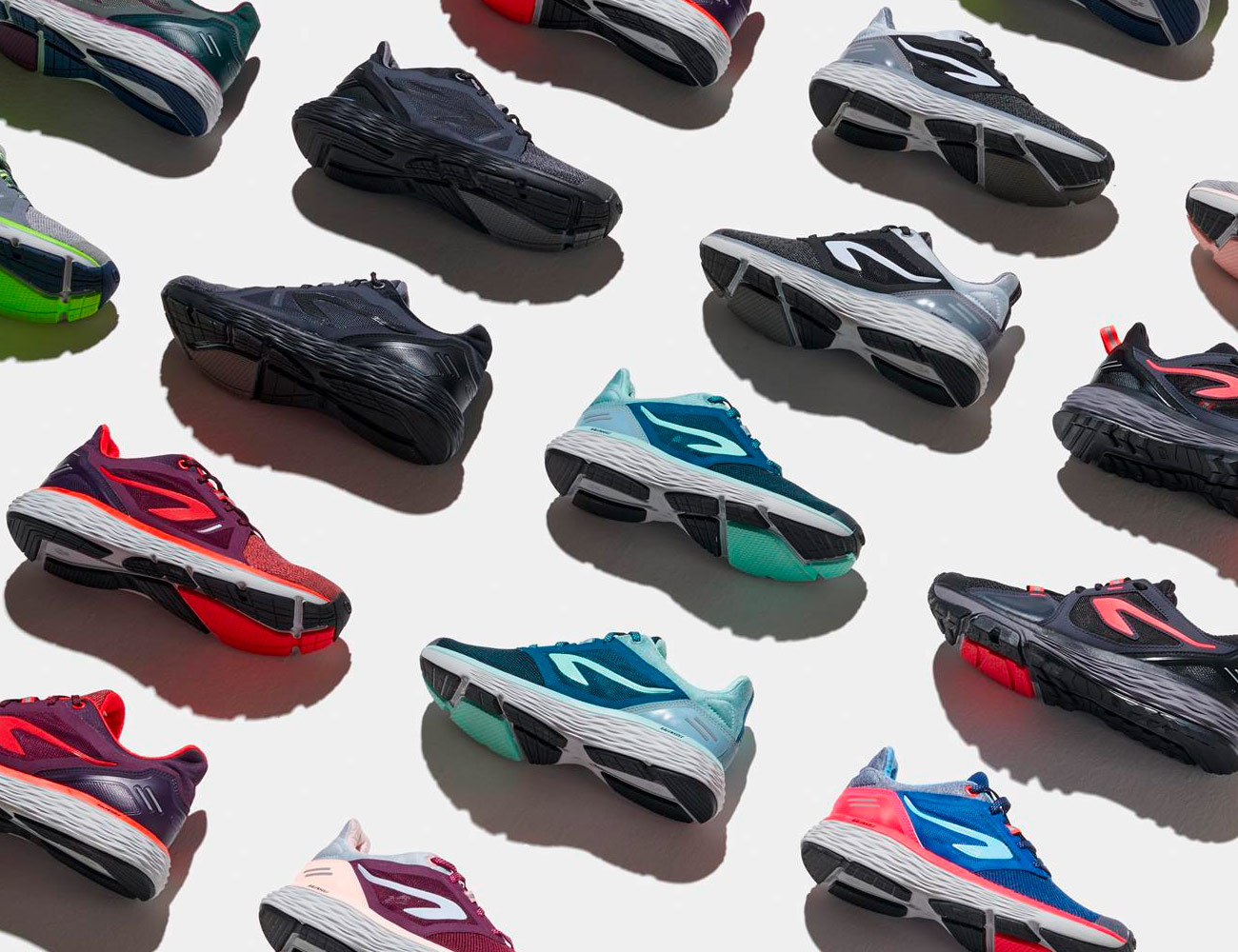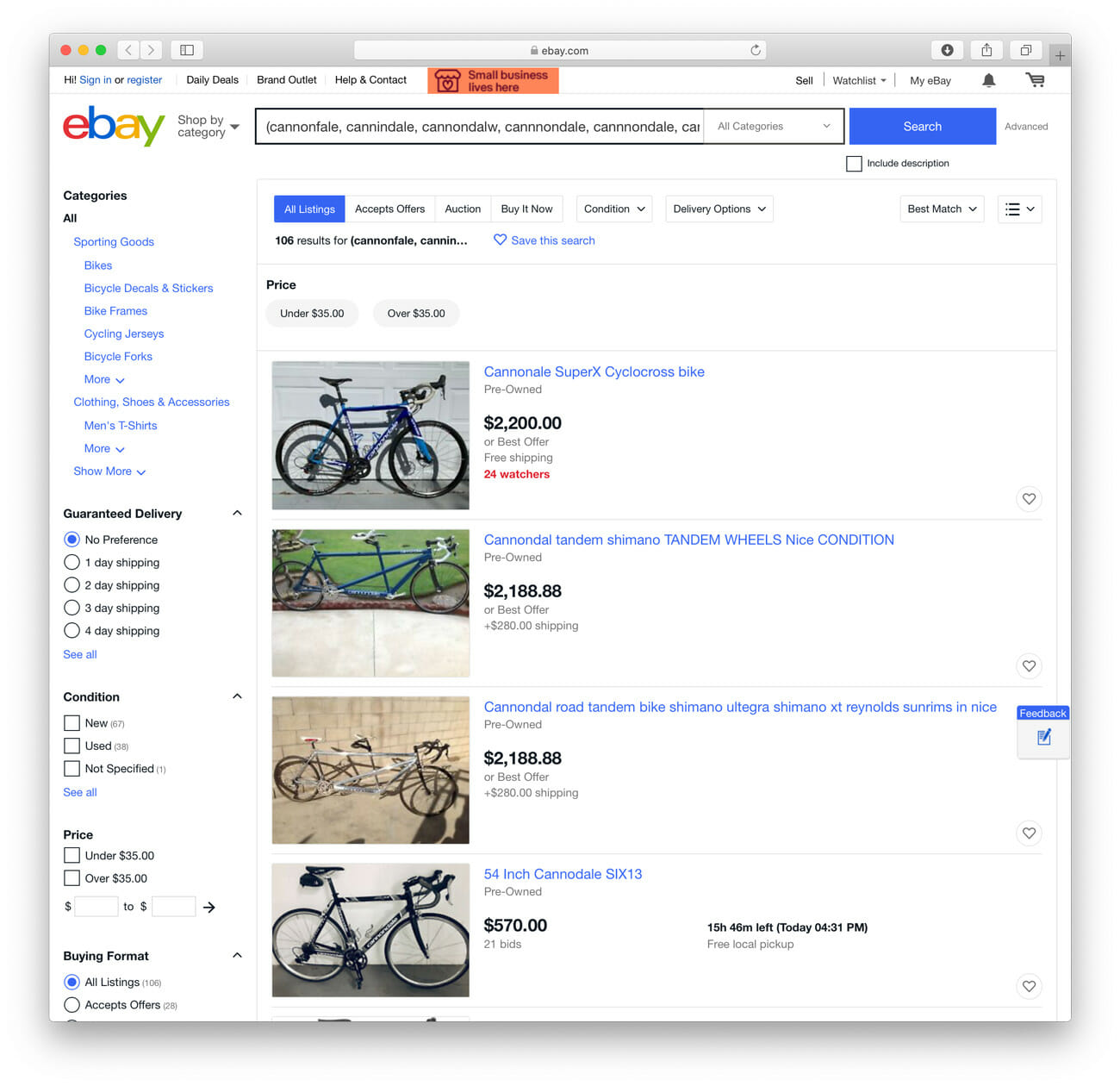Knowing outdoor gear has been a point of pride of mine (and a source of income, it got me this job) for years. I was slightly surprised when, upon my first backpacking trip to Europe, I noticed a squiggly triangle logo marking almost every other traveler’s gear. I didn’t think much of it. Years later surprise turned to amazement when, on a journey through South America, the logo was just as prevalent. The maker of these popular backpacks is Quechua, a brand owned by the French company Decathlon — the biggest sporting goods retailer, by revenue, in the world.
I hadn’t seen the Quechua backpacks until visiting Europe and South America because, until this year, they weren’t available to buyers in the United States. The company opened up its first brick-and-mortar store on San Francisco’s Market Street in April of this year and launched a massive online retail site with nationwide shipping on August 1.
The reason I saw those backpacks on the backs of nearly every other traveler I crossed paths with? They’re cheap. Like stupid cheap. Decathlon has made inclusivity in sport its core tenet, and the path to get there is through affordability. The company does this in various ways — minimizing advertising and packaging, for example. It also owns all of the brands that it sells in its stores and on its website, Quechua included, which gives it a unique footing in the sporting goods industry. You won’t find Salomon or Nike inside these walls — think of Decathlon like the Trader Joe’s of the sporting world.
This business model has made Decathlon a giant worldwide, with more than 1,300 stores in over 40 countries, and 85,000 employees. In 2017, Decathlon’s pre-tax revenue was €11 billion. That result isn’t a guarantee of success in the US though — the company attempted to breach North American between 1999 and 2006. Its second attempt is more calculated though, and the downtown San Francisco location will be its only, for now. Decathlon is using it as a test subject to gauge the enthusiasm of US consumers and how they’ll take to the affordable goods. More Bay Area locations are in the works, but the rest of the US will have to wait.

That doesn’t mean that products from Decathlon’s stable of more than 20 brands are off-limits though, thanks to its recently-launched website that offers nationwide shipping. That opens up affordable gear for 70 sports including cycling, running and hiking as well as more specific pursuits like mountaineering, SCUBA diving and archery. (Equipment for slightly more Euro activities like handball and futsal are also offered.)
It’s hard to say if affordability alone will be enough to gain a firm grip on the US market. Then again, it’s also hard to argue with a 20-liter hiking backpack for $19.




